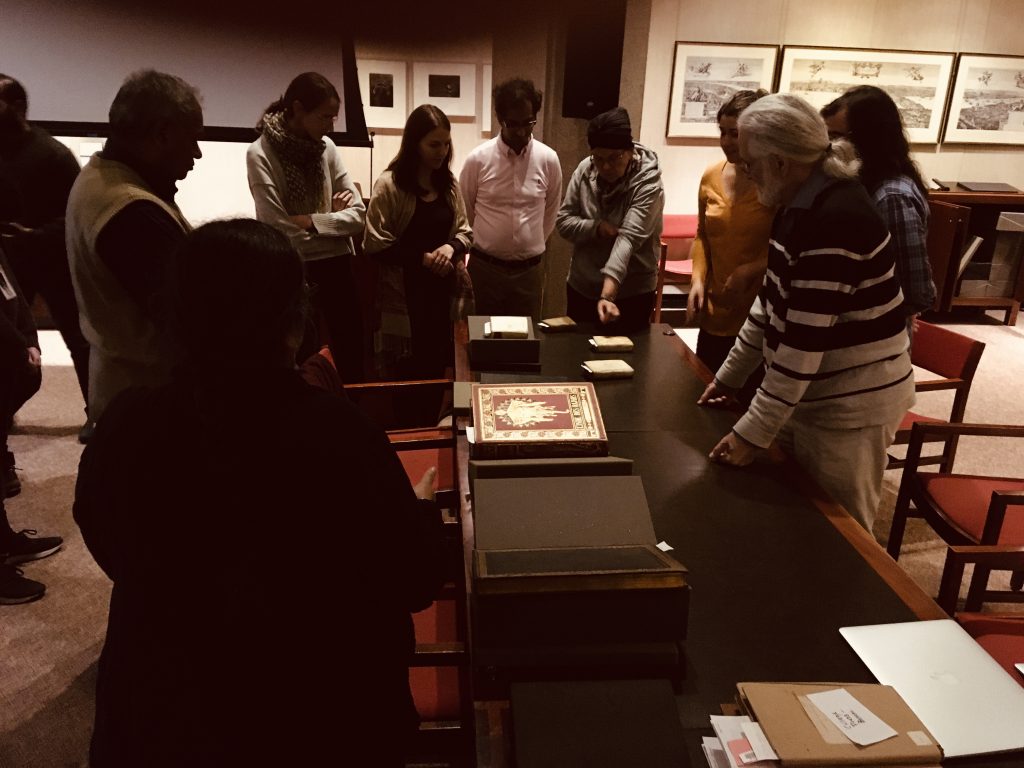A key part of our mission involves offering positive support to our colleagues, students, and community members, and many of our projects and programs start with this motivation. Positive mentoring relationships are critical to success – mentors provide encouragement, model respect, and help connect students with valuable networks, among other benefits.

How Do We Do It?
The majority of our programming budget is devoted to student support, as we aim to facilitate novel learning opportunities and build networks by bringing scholars and students from around the world to our campus for a wide range of events. Our students also work with faculty here and abroad on a wide range of research teams and labs. We feature a wide range of resources focused on teaching at our Teaching Buddhism website, teachingbuddhism.net, and our Speaking Out | Listening In website, at speak-listen.live, publishes undergraduate work from our courses.
Because of the travel restrictions of 2020, our mentorship activities were forced to move online. Our podcast continues to create a community of instructors and students in conversation about innovative teaching practice. In 2020 we organized an Online Teaching Resources Fellowship Program, for which a team of students gathered and annotated online resources relevant to teaching in our field; these are now available as a Buddhist Studies Research Guide through U of T Libraries. Some students and faculty in our programs have collaborated with international translators, scholars, and students on expanding the Conversations about Reading Tibetan video series. Other students have worked with faculty at other institutions on compiling resources for the Women in the Study of Asian Religions initiative, and on the forthcoming Buddhism, Race, and Racism project. The Buddhist Studies Complaint Collective series, #stepforwardbs, inspired by Dr. Bee Scherer’s important initial video, features discussions of the academic culture of our field and our Communities of Care page offers a brief selection of resources for supporting mental health in teaching and learning.
In 2020, we also started producing the “How Do You Do It?” series, in which we are asking scholars in Buddhist Studies to record short videos demonstrating how they manage various tasks critical to working in our field. Here we are featuring voices of people in our field talking about the nuts-and-bolts aspects of our work, sharing a variety of practical skills that are not often taught in courses, and exposing aspects of how scholarship takes place that are not easily visible in the end-products of our publications.
The full “How Do You Do It?” series can be found on our YouTube channel – here are just a few examples:

